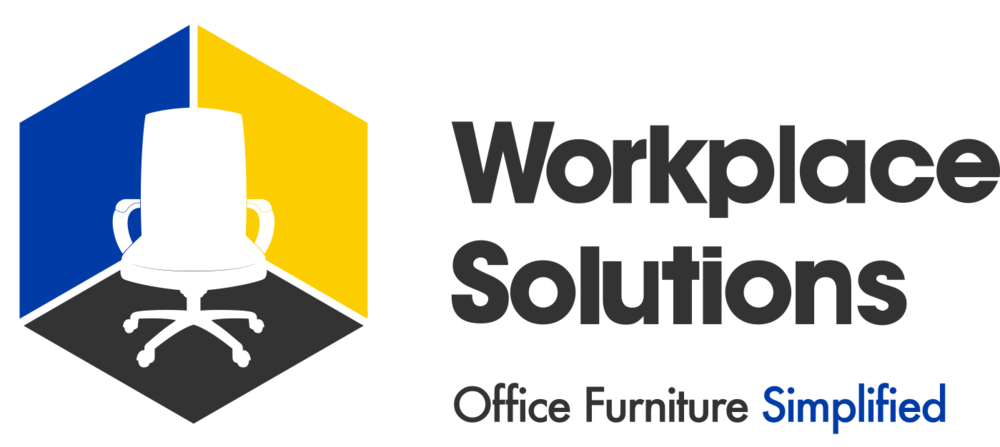Original article by Metropolis Magazine
How do we balance the proven efficiency and employee-friendly aspects of remote work while accommodating the zeal among some managers to return to the office? This was the conflict explored during the May 12 Think Tank Thursday, hosted by muti-disciplinary Rapt Studio and moderated by Avinash Rajagopal, editor in chief of Metropolis.
“Companies are going to have to declare why the office exists,” said August Petersen, Rapt Studio’s design director. “The office is no longer meant to be the default place you go to work. And we have to renegotiate what it means to go back, really reasons why we’re doing it, and be intentional about it.”
Petersen, perhaps inspired by his firm’s name—took a quasi-religious approach to the question of what role the office plays in a modern workplace: “People have a yearning for an almost spiritual connection to the office as a place of fulfillment, where they can be connected to a company through a belief in its mission and culture building. It’s a shift away from a mega-gathering place to a pilgrimage of sorts [where employees go] be refilled and renewed by the company’s mission.”
Michelle Lozzi, director of experience at internet giant Reddit, struck a more practical tone, saying that real estate decisions were just a small part of their corporate culture. “At Reddit, experience is not only our global real estate or our workplace—it’s every event and engagement that we produce and create as a company.” Reddit’s not above, she continued, the kind of work spirituality mentioned by Petersen. “To August’s point about an almost religious-like pilgrimage experience, Reddit has established that we need that physical touchpoint that is the office, we do need to see each other and be in one space in way that is fun, lighthearted and really just drives community.”
Hughes Marino, a commercial real estate advisory service, was represented by vice president Michelle Bravin, who offered some sobering real estate statistics: “Right now your footprint’s going to shrink by 20, 30 or 40 percent, but at the end of the day you can afford to spend 20 percent on tenant improvements. This can make space meaningful and valuable and work in the way you want it to work.”
Rajagopal compared companies’ real estate costs to their human resources costs: “In reality real estate costs are a fraction of the people costs: Recruiting, retaining, salary, benefits. It makes me think that real estate optimization and rightsizing are distractions. Any thoughts on that?”
“I think the distractions question is super loaded with the whole work/life balance thing,” Bravin volunteered. “People need to know where their roadmap is going, not just the company, but if you take that down to a smaller level, what does that mean for my career? Where can I go here, and does the company care about me?”
“We’ve really pivoted our real estate model,” Lozzi said. “We have two really large spaces on each coast, but then across the middle of the country and then internationally, we’ve built really smaller real estate footprints to serve the need and test that out. And speaking of people, there are greatly different work styles between employees in the U.S. and those overseas, wildly so.”
Toward the end of the discussion, Rajagopal threw in the idea of companies’ subsidizing employees for computers, printers and so forth in their home offices.
“I know it’s a bigger can of worms than we want to open at the moment,” he said. But, like the larger conflict over how—and whether—to return to the office, “It’s a question that won’t go away.”

